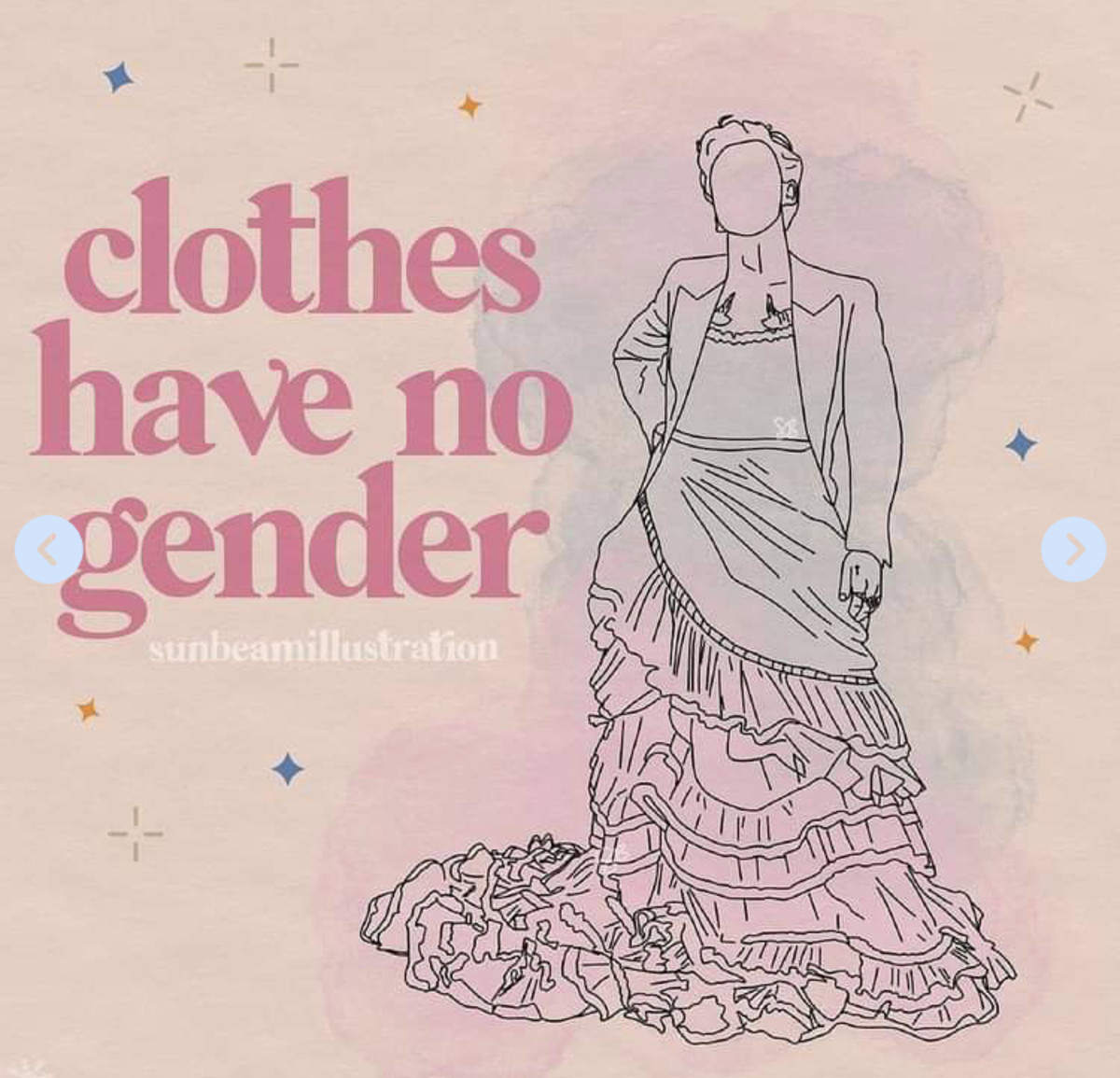A HEAVY Topic- The shape we're in
Something New Is Here
An amazing shift in American culture has occurred over the past decade or so. The #MeToo movement, changing attitudes concerning LGTBQ issues, and a host of other dramatic turnabouts signal a new era in how we think about each other, about our life patterns and how we behave.
Example #1
A huge tectonic shift hit in February this year of 2020, when the Victoria Secret brand was sold. That wasn’t the first ‘wave on the beach’ to let us know a tsunami was coming, though. According to Wikipedia, that brand accounted for one third of all intimate apparel purchases in 2006. By 2016 all that had changed. Sales were slumping, the VS print catalog was scrapped and swimwear no longer was sold. Top executives began to ‘jump ship’ and the fabled Victoria Secret televised fashion show disappeared a year later, after the chief financial officer commented that transgender and plus-size models wouldn’t be included “because the show is a fantasy.” A 40% drop in sales was reported in 2019 and 53 stores were closed. Then, this year—2020—the brand name was sold for 5.5 million dollars—‘peanuts’ compared to its worth just fourteen years earlier.
So What?
The import of all this, to my mind, is not the rise or fall of a major clothing firm that sold mythological sex appeal to lots of shoppers who dreamt of looking like one of VS’s angels. What bothers me is what’s coming next, or seems to be already here. Viewing women as sex objects is wrong, and picturing the ‘ideal’ female figure as a goal most women could never attain is also wrong, in part because it’s a false hope that’s afflicted many young girls and women with bulimia, among other things.
I sense that what Isaac Newton described in his third law of motion is at work here: an equal and opposite reaction to the movement of an initial object. So, a ‘fat acceptance’ trend began in the late 1960’s and it’s now taken hold, big time (pun intended). A women’s clothing store in a mall near me (both in decline now) carried only plus-sized clothes displayed on plus-sized mannequins in its store windows. Likewise, the Sports Illustrated swimsuit issue now features several large-bodied models each May. Almost every store department for women now stocks items that are not only XL, but also 2XL and 3XL, from size 28 on up. Check out any website that displays women’s clothing and you’ll see vivid depictions of those same sizes being modeled. And lastly, most grocery and home improvement stores now have motorized carts on hand for customer use. Once they were meant for those who were elderly, infirm, severely restricted due to health conditions (broken leg or emphysema or a heart condition, e.g.). But go to your local Wal-Mart these days (especially in the rust belt, north or south) and see whose driving those ‘Mart-Carts’. A great many of those users are clinically obese.
The Point is . . .
Now, I’m not trying to fat-shame anyone, any more than I agree with the comment on one website championing ‘fat acceptance’ - - that all body styles and sizes are beautiful. To go that route would be to accent the same kind of extremes I’m trying to combat here. I believe that a person’s self-image is an individual thing and that each person has to decide for him- or her-self what’s acceptable and attractive and healthy. But it’s that last adjective that’s really important. Health is my main concern here. Being overly thin is damaging to one’s health, especially if it results in an eating disorder; that fact is beyond dispute. What also needs to be said is that being overweight negatively affects a person’s life span and ability to function well.
The impression I have is that the pendulum has swung so far away from seeing women as sex objects and encouraging them to think of themselves that way, that a new thought construct has now emerged which suggests that ‘anything goes’. I think we need to find a happy medium between these two extremes, one that celebrates all human beings—whatever size and shape they happen to be. But let’s value what’s healthy too, instead of marketing to the least common denominator.
Time for a 'sea change'
It’s estimated that by 2030, 40% of all children in the U.S. will be medically obese, and a high percentage of adults are already far heavier than is healthy. It’s not too late to change that trend, but we’re close to a tipping point on that score, and—as we all know—once most of the weight is on one end of a teeter-totter, the only kind of movement we’ll see is ‘downward’ - - and that won’t last for long.
Each of us must have enough self-respect not only to be comfortable with how we look and dress, but also give our own selves the very best care and attention we can that fits an image each of usdesigns, not anyone else, and certainly not companies that are in it for profit—but one that is healthy and productive.
And just in case you think that women are all I have in mind, here are a few things to counterbalance that notion. Have you gone to a formal concert or other ‘dress-up’ function lately, or even out to dinner at a decent restaurant (before COVID-19 hit, that is)? If you have, then you’ve seen women in cocktail dresses or other semi-formal wear, accompanied by men wearing T-shirts, jeans and looking like they just came from an outdoor basketball court or finished a quick round of dumpster diving. A new company is currently thriving by producing shirts that don’t have to be tucked in. Why? Because lots of men (mostly those who are overweight) don’t like things that feel tight around their bellies. So, all of my comments here apply equally to men, too.
Your thoughts?








